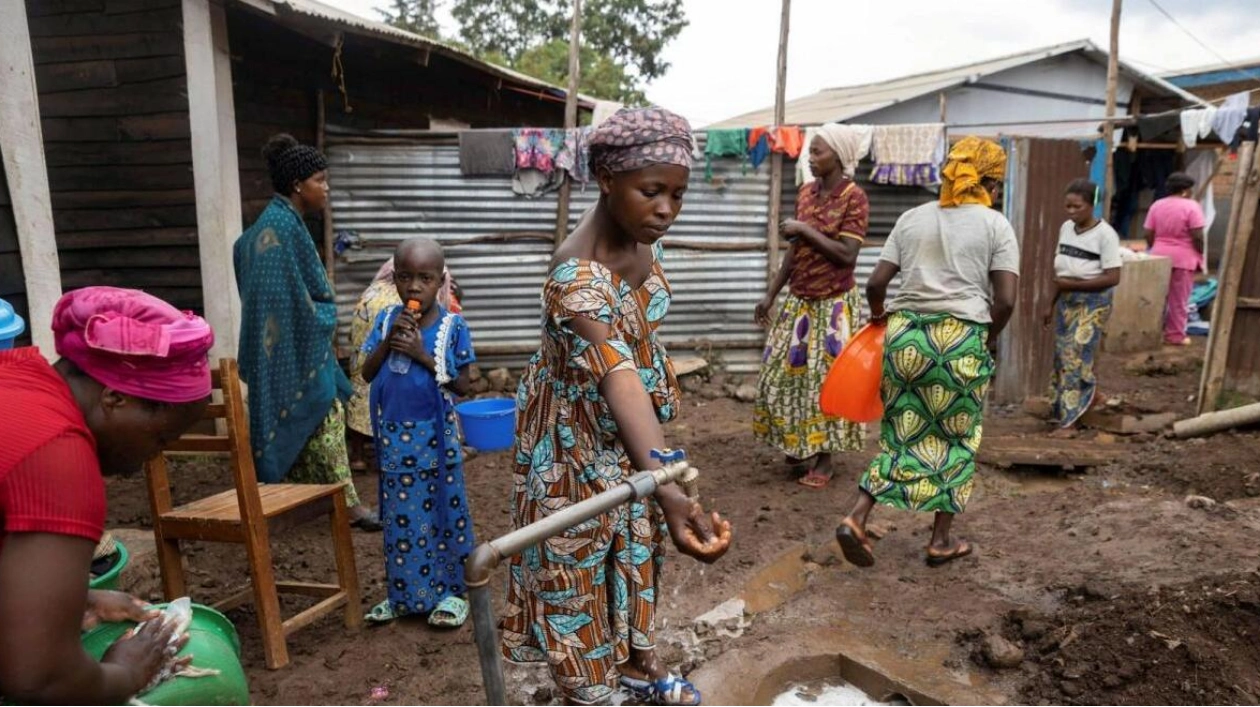In the east of the Democratic Republic of Congo, a makeshift mpox isolation ward is filled with feverish patients lying on thin mattresses on the floor. Overwhelmed hospital staff are dealing with severe drug shortages and a lack of space to house the growing number of patients. Congo is at the center of this mpox outbreak, which the World Health Organization recently declared a global public health emergency. Vaccines are expected to arrive soon to combat the new strain of the virus, and President Felix Tshisekedi has authorized an initial $10 million to fight the outbreak.
However, at the Kavumu hospital complex, where 900 symptomatic patients have been admitted over the past three months, health workers are urgently seeking support. "We run out of medicine every day," stated Dr. Musole Mulamba Muva, the head doctor. He highlighted the numerous challenges they face with limited local resources, noting that international donations have significantly decreased. Last week, the mpox ward housed 135 patients, both children and adults, in three large plastic tents set up on damp earth without any floor covering. Relatives, who typically provide most of the meals in underfunded public facilities like the Kavumu hospital, were prohibited from visiting the mpox ward to prevent contamination.
Nzigire Lukangira, a 32-year-old mother with a hospitalized toddler, expressed her frustration: "We do not have anything to eat. When we ask for something to lower our children's temperature, they do not give us anything." She resorted to giving her daughter honey. Cris Kacita, the head of Congo's mpox response team, admitted that parts of the country lacked medicine and emphasized the importance of distributing donations, including 115 tonnes of medicine from the World Bank. Traditional remedies were also being used by mothers in the Kavumu mpox ward to alleviate their babies' pain, such as applying potassium bicarbonate or salty lemon juice to their children's blisters. Adult patients were doing the same for themselves.
Most cases originated from the town itself and neighboring villages, leading to the establishment of two additional makeshift mpox wards in the area. Dr. Serge Munyau Cikuru, a local health ministry representative, urged the government to continue advocating for vaccines. Kacita mentioned that high-risk contacts and nine priority areas have been identified for the initial vaccination phase. By August 31, the health ministry reported 19,710 suspected cases of mpox since the beginning of the year, with 5,041 confirmed and 655 resulting in fatalities.






